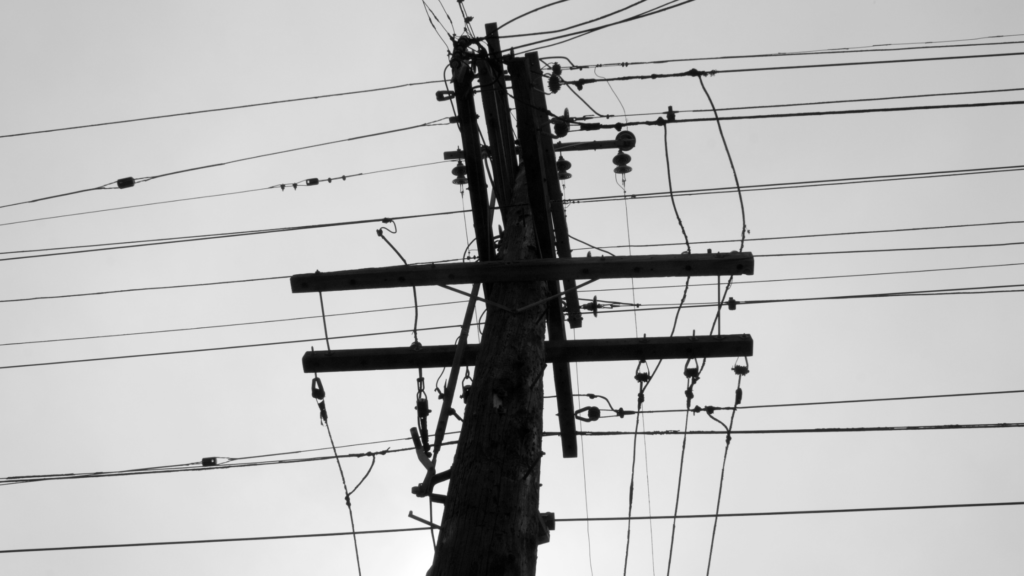On September 3rd, Next Century Cities filed comments with the Federal Communications Commission (“FCC”) on NCTA’s Petition for Declaratory Rulemaking, which urges the FCC to limit local government remedies when assessing and attempting to recover the costs of pole replacements. While NCTA’s petition expresses a shared goal to address the digital divide, its proposals would effectively shift costs from providers to tax-paying residents, usurping local authority without any guarantee of expanding broadband networks to previously unserved areas.
In its efforts to support 5G deployment, the FCC has continued taking steps that limit local authority when telecommunications providers deploy new equipment on existing utility poles. Before 2018, local governments across the country freely processed applications for utility pole access within their own timeframes and fee structures. In 2018, that changed. The FCC implemented fee restrictions and “shot clocks,” limiting the number of days a pole owner may consider an application. The FCC also limited recovery costs from a company attaching equipment to a pole, whether or not excess fees were used to support other broadband initiatives.
Now, NCTA petitions the FCC to take its control one step further. In this declaratory rulemaking proceeding, the FCC is considering whether to restrict the ability of pole owners to charge new attaching entities for pole replacement costs and assign the Commission as the sole arbiter of just and reasonable fee structures. Local governments have physical proximity to the infrastructure and knowledge of their community’s unique needs, yet in the midst of these rapid, wide-sweeping policy changes, have not had any meaningful opportunities to consult with the agency to provide insights on the far-reaching impact.
NCC and the local officials who make up our organization work tirelessly to expand broadband access. That is why we are deeply concerned about new regulatory barriers that hinder decisions that local governments are best-suited to make. Particularly in the case of 5G equipment, the increased costs needed to add network capacity may be far greater than other attaching entities while the benefits will only extend to the highest-income urban areas, rather than rural areas that persistently lack 3G or 4G connectivity. Further, the benefits will only extend to those who can afford 5G capable devices.
Now more than ever, local governments need the flexibility to improve and connectivity in their community in innovative ways and ensure that everyone has access to high-quality broadband. Even though this petition may be offered with good intention, the result could leave rural America without competitive service offerings and local leaders across the country without the legal authority necessary to keep their communities connected.
Click here to read our September 3rd filing.

